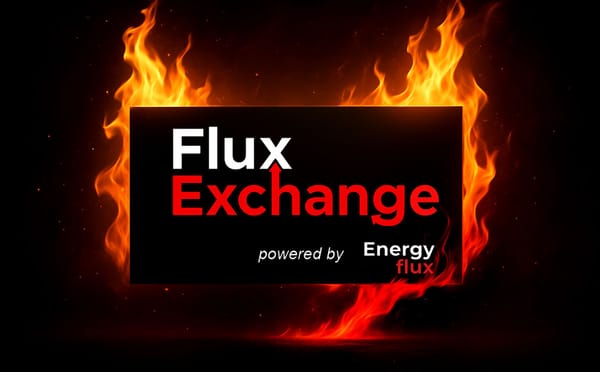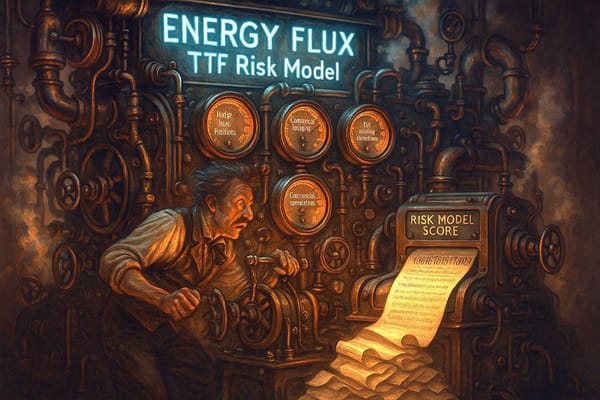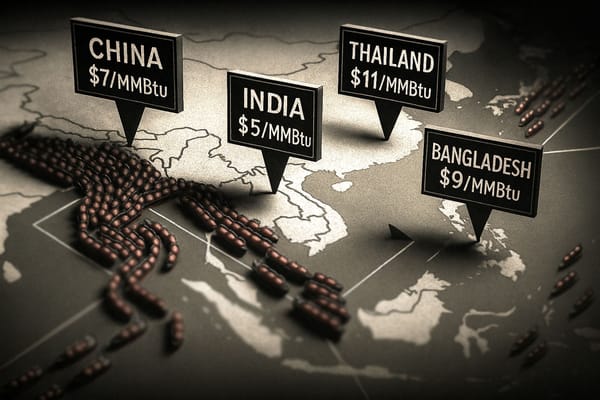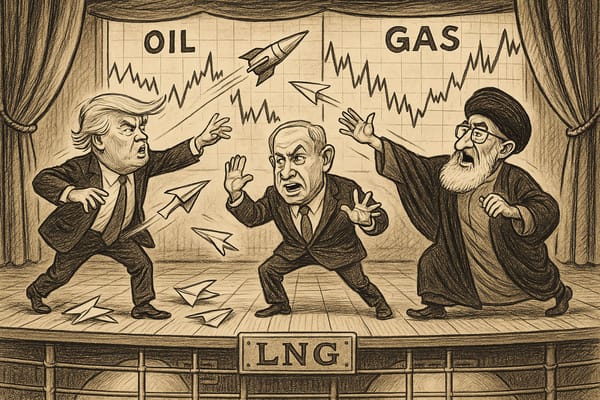That Friday feeling
Pexapark podcast, Iberian blackout culture war, US-Ukraine mineral deal, trade war thaw


Member discussion: That Friday feeling
Read what members are saying. Subscribe to join the conversation.
Pexapark podcast, Iberian blackout culture war, US-Ukraine mineral deal, trade war thaw


Read what members are saying. Subscribe to join the conversation.

A private members forum for honest debate & genuine market insights

New and improved modelling cuts through the noise to give a clearer view of shifts in risk pricing

DEEP DIVE: How low must LNG prices go to unlock Asian demand?

TTF bull trap turns investment funds into bag holders | EU LNG Chart Deck: 26 June 2025